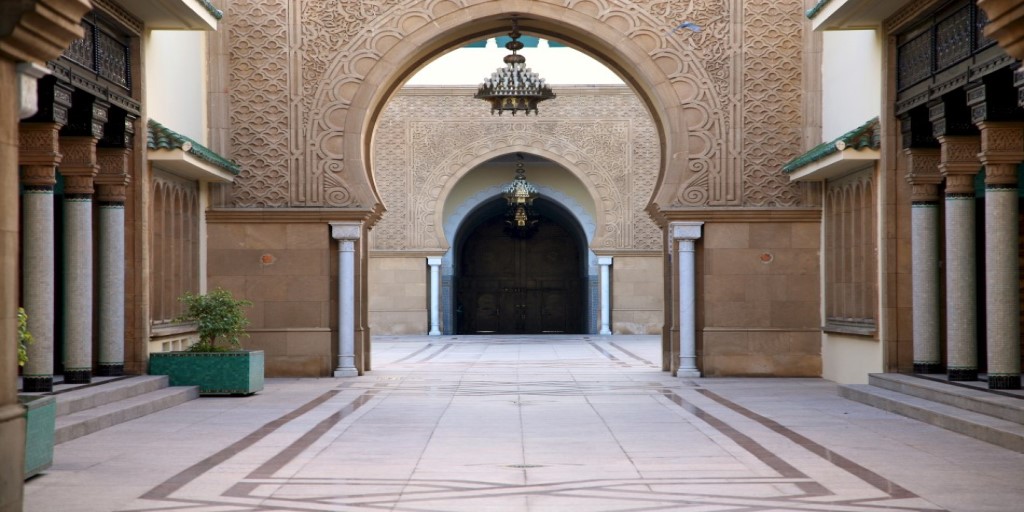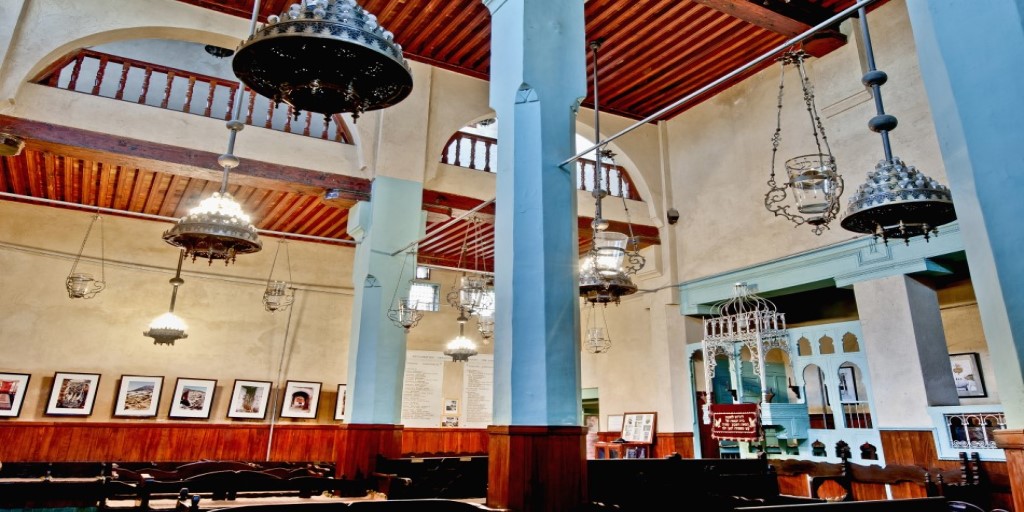Is Morocco Safe to Travel? A Comprehensive Guide for Travelers
Morocco, a land of vibrant colors, exotic scents, and diverse landscapes, has long been a dream destination for travelers seeking a blend of cultural immersion, historical intrigue, and natural beauty. From the bustling souks of Marrakech to the serene beaches of Essaouira and the breathtaking landscapes of the Atlas Mountains and Sahara Desert, Morocco offers a rich tapestry of experiences that captivate the senses and leave a lasting impression. However, like any destination, Morocco is not without its challenges when it comes to safety and security. With concerns ranging from petty crime and scams to terrorism threats and regional conflicts, many potential visitors find themselves wondering: Is Morocco safe to travel? In this comprehensive guide, we’ll explore the current safety situation in Morocco, address common concerns, and provide practical tips to help you make an informed decision about whether Morocco is a safe destination for your next adventure.

Understanding the Current Safety Situation in Morocco
Before diving into the details, it’s important to have a clear understanding of the current safety situation in Morocco and the factors that contribute to its reputation as a travel destination.
Petty Crime and Scams
Like many popular tourist destinations, Morocco has its share of petty crime, scams, and opportunistic theft targeting unsuspecting tourists. Common scams include overcharging at restaurants and shops, taxi scams, and distraction thefts where thieves work in pairs or groups to distract tourists and steal their belongings. To minimize the risk of falling victim to these scams, it’s advisable to be cautious, use reputable services, and keep your belongings secure at all times.
Terrorism Threat
Morocco has been targeted by various terrorist organizations in the past, including ISIS and Al-Qaeda affiliates. While the Moroccan government has taken significant steps to enhance security measures and combat terrorism, the threat remains, particularly in major cities, tourist areas, and public transportation hubs. Travelers are advised to exercise caution, remain vigilant, and follow the guidance of local authorities and hotel security protocols.
Regional Conflicts
Morocco shares borders with several countries, including Algeria and disputed territories in Western Sahara, that have been affected by ongoing conflicts and instability. While the Moroccan government has implemented strict border controls and security measures, there is always a risk of cross-border tensions, skirmishes, or spillover violence. Travelers should avoid non-essential travel to border regions and consult with travel advisories and local authorities before venturing near sensitive areas.
Safety Tips for Travelers in Morocco
While Morocco presents its set of challenges related to safety and security, there are several steps travelers can take to minimize risks and ensure a safe and enjoyable experience:
Stay Informed: Monitor local news, travel advisories, and embassy alerts for updates on security situations, travel restrictions, and safety concerns in Morocco.
Register with the Embassy: Enroll in the Smart Traveler Enrollment Program (STEP) to receive important safety updates and assistance from your country’s embassy or consulate in Morocco in case of emergencies.
Avoid High-Risk Areas: Steer clear of known trouble spots, protests, and areas with a high concentration of tourists, as these locations may be more susceptible to criminal activity, scams, and terrorist attacks.
Blend In: Respect local customs, dress modestly, and avoid drawing unnecessary attention to yourself as a foreigner. Learning a few basic phrases in Moroccan Arabic (Darija) can also help you navigate local interactions more smoothly and respectfully.
Use Trusted Transportation: Opt for reputable taxis, rideshare services, or organized tours when traveling around Morocco, especially at night or in unfamiliar areas. Avoid using unofficial taxis or accepting rides from strangers to reduce the risk of scams or theft.
Secure Your Belongings: Keep your valuables, passport, and important documents secure at all times, either in a hotel safe or a concealed money belt. Be cautious of pickpockets, particularly in crowded tourist areas, markets, and public transportation.
Stay Connected: Share your itinerary, contact information, and emergency contacts with family and friends back home, and check in regularly to let them know you’re safe. Consider purchasing a local SIM card or international roaming plan to stay connected while in Morocco.

Conclusion
In conclusion, while Morocco presents its set of challenges related to safety and security, with proper planning, awareness, and vigilance, travelers can enjoy a safe and enriching experience in this vibrant and culturally rich country. By staying informed, respecting local customs and laws, and taking proactive steps to ensure personal safety and security, travelers can explore the wonders of Morocco with confidence, knowing that they’ve done their homework and are prepared to handle any challenges that may arise.
So, is Morocco safe to travel? The answer lies in your preparedness, awareness, and willingness to adapt to the local environment. With the right precautions and a respectful attitude, you can explore the sights, sounds, and flavors of Morocco while creating lasting memories that will stay with you long after you’ve returned home. So why wait? Start planning your Moroccan adventure today and discover the magic and beauty that await you in this enchanting country. Morocco Tours Package